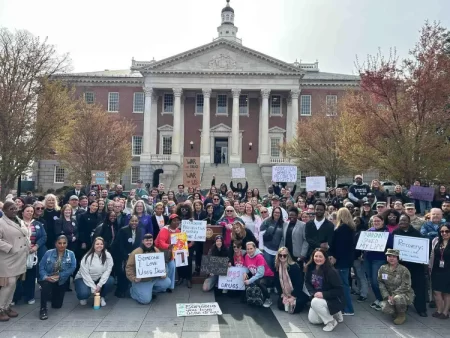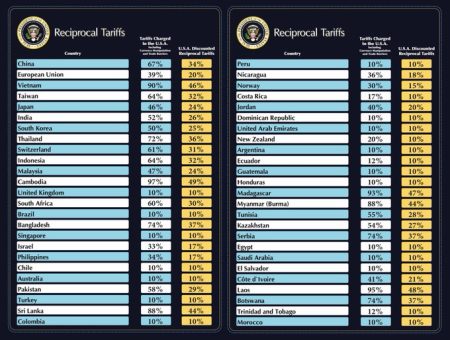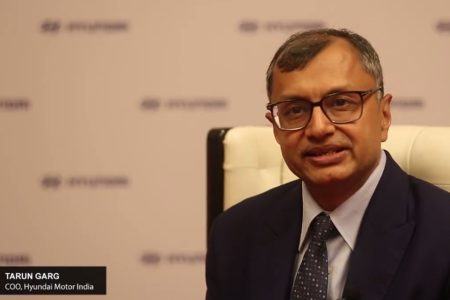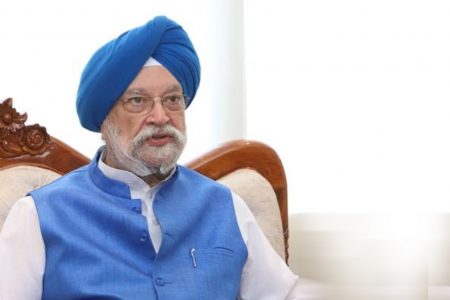 The UN Secretary-General, António Guterres, unveiled a new policy brief on July 20, presenting his vision for a stronger multilateral framework to enhance global peace and security in today’s ever-changing world.
The UN Secretary-General, António Guterres, unveiled a new policy brief on July 20, presenting his vision for a stronger multilateral framework to enhance global peace and security in today’s ever-changing world.
The policy brief, titled The New Agenda for Peace, includes a comprehensive and ambitious set of recommendations that acknowledge the interconnected nature of various challenges, as emphasized by Guterres. It is grounded in the fundamental principles of trust, solidarity, and universality, which form the basis of the UN Charter and a stable global order.
Outlined in the brief are twelve action-oriented proposals across five priority areas. Guterres highlighted the significance of preventing conflicts on a global scale and addressing geopolitical divisions through robust measures, giving priority to diplomacy and investing in regional security structures. He also stressed the need for a comprehensive prevention approach that tackles all forms of violence.
The third priority area centers on updating peacekeeping operations to effectively address the complexities of modern conflicts, which often persist due to complex domestic, geopolitical, and transnational factors. The Secretary-General underscored the importance of clear and realistic mandates from the Security Council, focused on political solutions, for the success of peacekeeping missions.
The fifth priority area focuses on urgent reforms within the Security Council, General Assembly, UN’s disarmament machinery, and Peacebuilding Commission to strengthen collective security efforts.
Alongside The New Agenda for Peace, the Secretary-General introduced two other policy briefs, namely Transforming Education and UN 2.0. These briefs aim to improve education systems and modernize the UN to better support the 2030 Agenda for Sustainable Development. They are intended to assist Member States in preparing for the Summit of the Future in 2024, providing a crucial platform to address current challenges and fulfill unmet commitments, according to Guterres.









